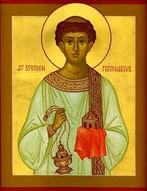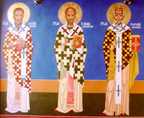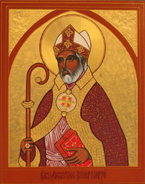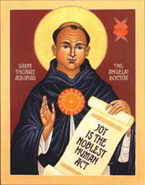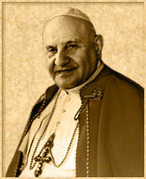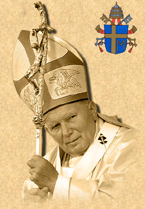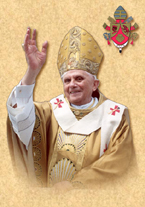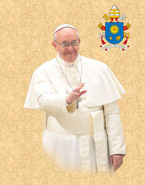First of all, there is the cultural universalization that the Church has to undertake if she wants to get beyond the boundaries of the European mind. This is the question of what inculturation should look like in the realm of sacred music if, on the one hand, the identity of Christianity is to be preserved and, on the other, its universality is to be expressed in local forms. Then there are two developments in music itself that have their origins primarily in the West but that for a long time have affected the whole of mankind in the world culture that is being formed. Modern so-called “classical” music has maneuvered itself, with some exceptions, into an elitist ghetto, which only specialists may enter - and even they do so with what may sometimes be mixed feelings. The music of the masses has broken loose from this and treads a very different path.
0 Comments
An authentic updating of sacred music can take place only in the lineage of the great tradition of the past, of Gregorian chant and sacred polyphony. Artistic freedom increasingly asserts its rights, even in the liturgy. Church music and secular music are now each influenced by the other. This is particularly clear in the case of the so-called “parody Masses”, in which the text of the Mass was set to a theme or melody that came from secular music, with the result that anyone hearing it might think he was listening to the latest “hit”. It is clear that these opportunities for artistic creativity and the adoption of secular tunes brought danger with them. Music was no longer developing out of prayer, but, with the new demand for artistic autonomy, was now heading away from the liturgy; it was becoming an end in itself, opening the door to new, very different. ways of feeling and of experiencing the world. Music was alienating the liturgy from its true nature. At this point the Council of Trent intervened in the culture war that had broken out. It was made a norm that liturgical music should be at the service of the Word; the use of instruments was substantially reduced; and the difference between secular and sacred music was clearly affirmed. I would be in favor of a new openness toward the use of Latin. Latin in the Mass has come meanwhile to look to us like a fall from grace. So that, in any case, communication is ruled out that is very necessary in areas of mixed culture... Let's think of tourist centers, where it would be lovely for people to recognize each other in something they have in common. So we ought to keep such things alive and present. If even in the great liturgical celebrations in Rome, no one can sing the Kyrie or the Sanctus any more, no one knows what Gloria means, then a cultural loss has become a loss of what we share in common. To that extent I should say that the Liturgy of the Word should always be in the mother tongue, but there ought nonetheless to be a basic stock of Latin elements that would bind us together. |
Categories
All
Archives
December 2021
|
|
FOLLOW DEACON SHERMAN DEACON'S FORMATION FB GROUP
© 2021 Sherman Kuek. All rights reserved.
|

 RSS Feed
RSS Feed

